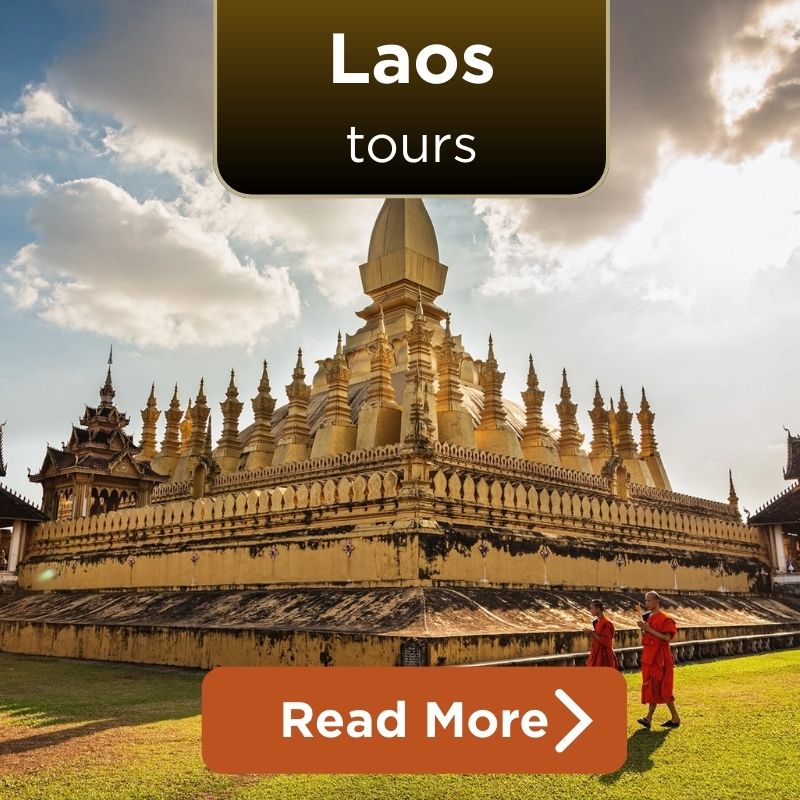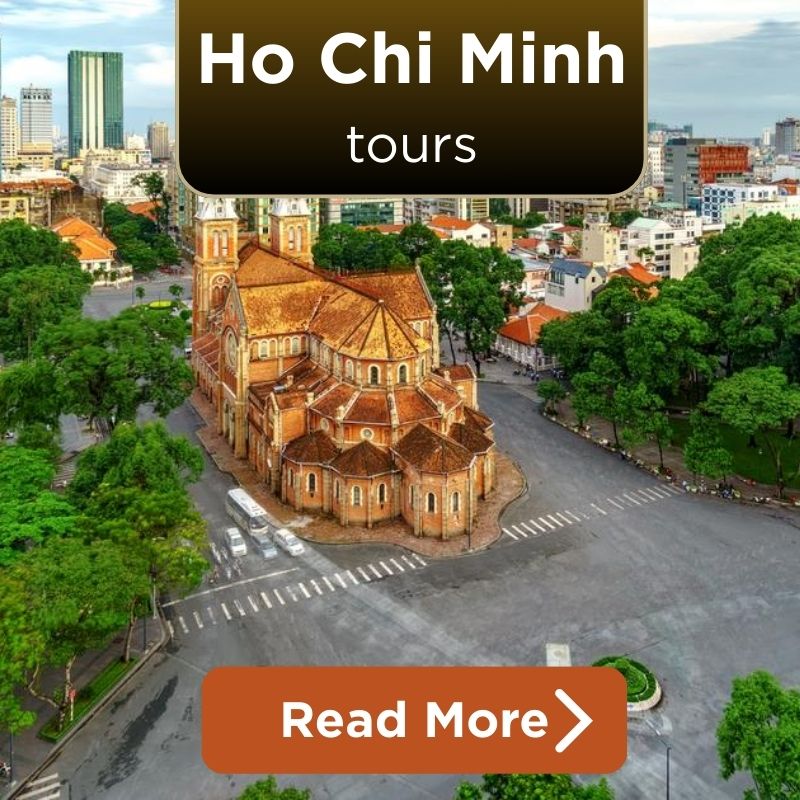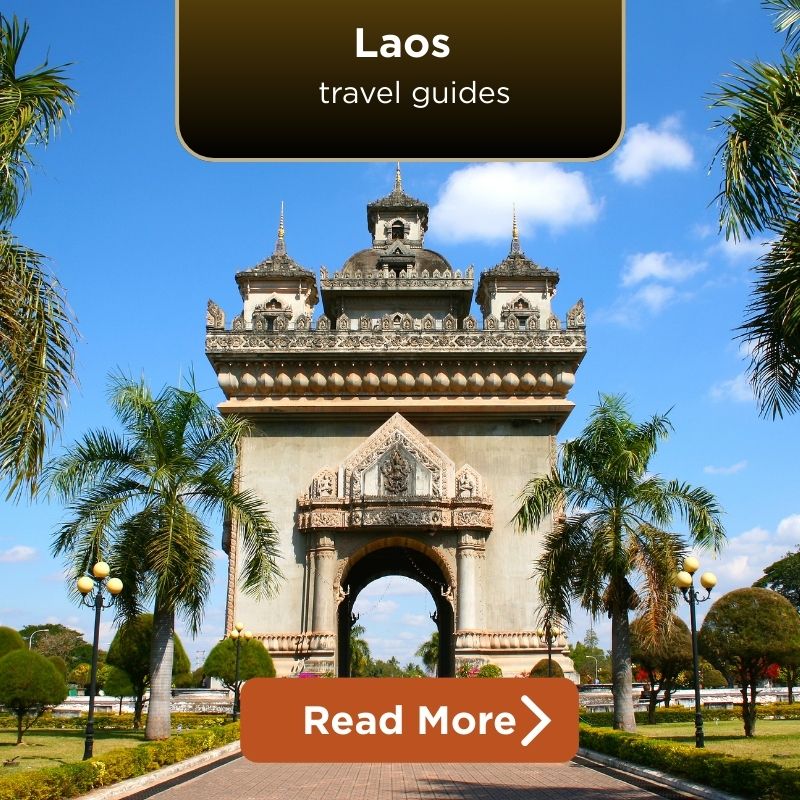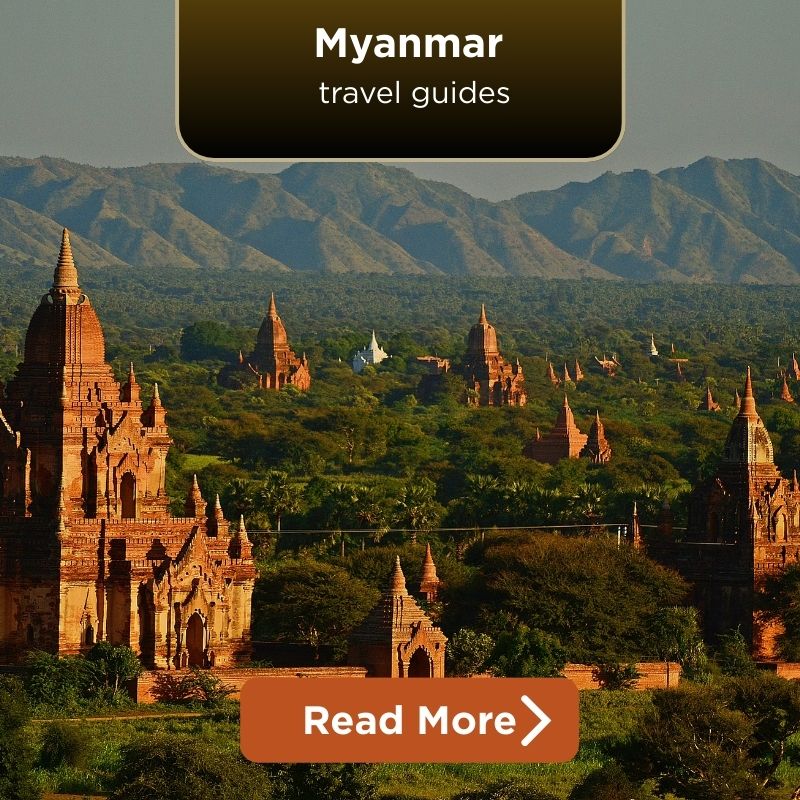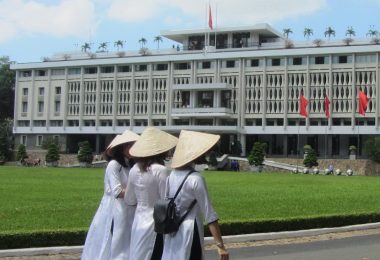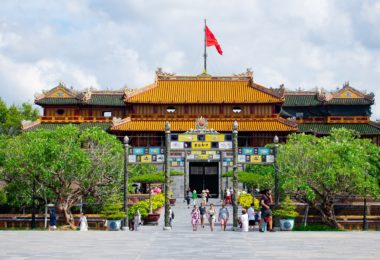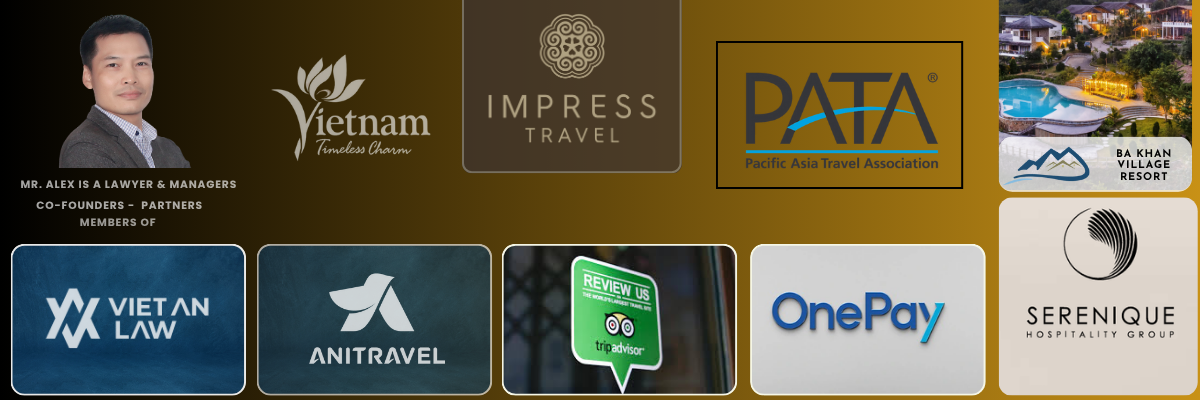Understanding Legal Options for Long-Term Stay
Visa Types Suitable for Long-Term Stay
Should you be planning to retire, establish a business, reunite with loved ones, or simply enjoy the later years of your life, Vietnam offers a variety of visa options for you to fulfill your intent. Selecting the right Vietnam visa from the start is crucial, not only to maintain legal compliance, but also for ease of use and peace of mind when you are already in Vietnam.
Here are the most relevant visa types for an individual genuinely interested in figuring out how to stay in Vietnam long-term:
- Tourist Visa (DL/E-visa) – For a maximum of 90 days, this is likely the most common choice for recent arrivals weighing their options. Easy to apply for online, it’s a great bridge to begin with and transition from later on. Start here if you’re researching a Vietnam visa.
- Business Visa (DN) – It’s perfect for online businesspeople, freelancers, and consultants. You can renew it every 3 months or every 1 year with sponsorship from your company, so it’s an easy, long-term visa for remote workers or a business to run.
- Work Visa (LD) – This is for foreign professionals who have a valid work permit. If you are employed by a Vietnamese company, this is your bridge to a longer, secure stay, and potentially a residence permit.
- Investor Visa (DT) – For business owners and foreign investors who make investments in Vietnamese enterprises. Depending on the amount invested, you can get a long-term visa for up to 5 years, with the additional benefit of being eligible to apply for a residence permit in the future.
- Spouse/Family Visa (TT) – This type of visa is strictly for the spouses and children of Vietnamese citizens, and it allows you to have a legal and comfortable residence in Vietnam, but close to loved family members. You will need birth or marriage certificates and an application form, but with the right help.
- 5-Year Visa Exemption Certificate – One of the best solutions for overseas Vietnamese (Viet Kieu) and their family. It provides the freedom to visit Vietnam multiple times in five years with a limit of 180 days for each visit. It’s one of the most sought-after choices for those interested in knowing how to stay in Vietnam long term without facing prolonged visa renewals. For more information on qualifications and the process, don’t miss reading the visa for Vietnam.
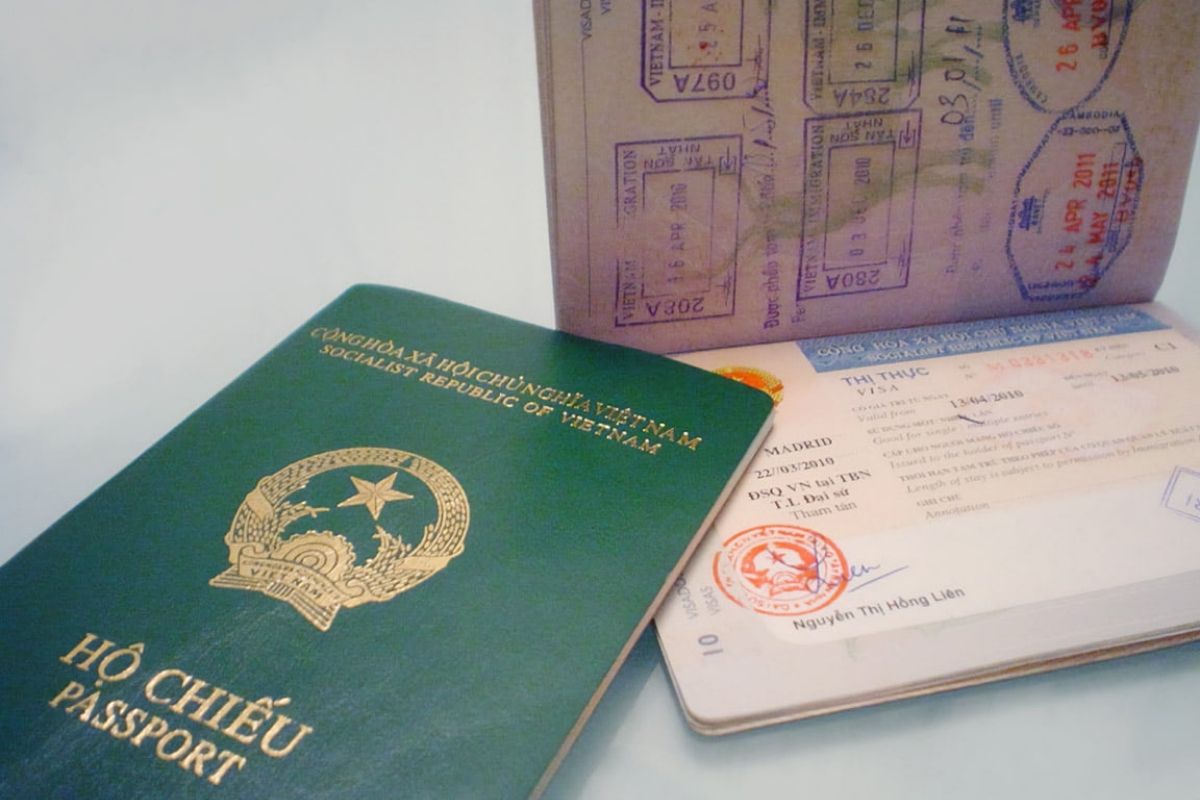
Tourist Visa (DL/E-visa) (Source: happybook)
Visa-Free Entry and Extensions
Yes, some lucky travelers don’t even need a visa to begin their journey! Thanks to Vietnam’s visa waiver program, citizens of several countries can visit Vietnam without applying for a visa in advance. But beware: this option is short-term and not meant for anyone truly seeking how to stay in Vietnam long term.
Here’s what to know:
- The citizens of the countries of Japan, South Korea, Germany, France, and the UK are provided with 15 to 45 days of visa-free entry according to nationality.
- ASEAN countries (e.g., Thailand, Malaysia, Singapore) will typically be given a 30-day visa-free.
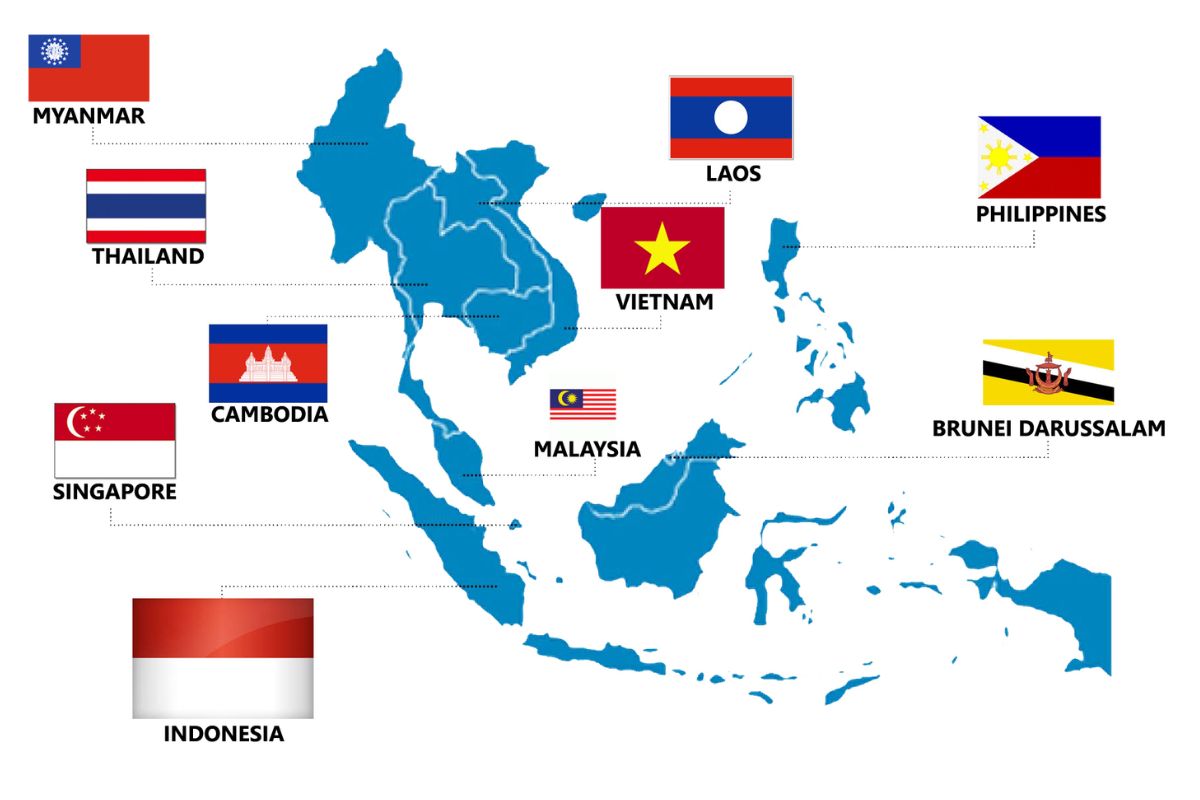
ASEAN Visitors Get 30-Day Exemption (Source: mfaic)
Pathways to Permanent or Semi-Permanent Residence in Vietnam
Temporary Residence Cards (TRC)
A Temporary Residence Card (TRC) is a golden pass for long-term stays in Vietnam without the hassle of renewing visas ad infinitum. They are issued for 1–5 years, depending on your status, and serve as a residence card to work, invest, or reside with family.
You may be eligible if you are:
- A foreign investor in Vietnam
- A legally working foreign employee
- Dependent of a citizen of Vietnam (spouse and children)
Your application form, Vietnam visa, work or business permit, and, in case of relatives, valid birth certificates or marriage certificates certifying family relations to Vietnamese citizens.
Want a smoother ride? Begin here by getting your Vietnam visa and your legal status cleared.
Permanent Residency for Foreigners
Dreaming of forever? Permanent Residency (PR) is an unheard-of luxury, but if you qualify, it’s the ultimate answer to how to stay in Vietnam long term.
According to Articles 39 & 40 of the Law on Entry, Exit, Transit, and Residence, the following groups may apply:
- Foreigners married to Vietnamese citizens or having Vietnamese children
- International scientists and experts working in Vietnam
- People who have made an important contribution to Vietnam
In contrast to TRCs, permanent residency does not expire after a few years. Yet, you must continue to satisfy requirements such as legal entry into Vietnam, stable income, a valid residence permit, and authentic housing.
The application is done through the Vietnam Immigration Department, and it involves a lot of documentation, but it’s a major step toward grounded, trouble-free living.
Citizenship or Restoring Vietnamese Nationality
If you’re a Viet Kieu (foreign Vietnamese), your connection to Vietnam can open doors others can only dream of. One pathway? Restoring Vietnamese nationality.
You qualify to regain your citizenship under Article 23 of the 2008 Nationality Law, especially if:
- You’re returning to Vietnam to visit and wish to reside there permanently
- You have Vietnamese citizen spouses and children
- You previously held Vietnamese nationality
- You are helping or contributing greatly to the development of Vietnam

Foreign Vietnamese Can Restore Nationality (Source: vietnamvn)
Staying Long-Term Without Breaking the Law
Are Visa Runs Still an Option in 2025?
Visa runs (flying out and back in to extend your stay) used to be the norm. But under stronger border controls implemented as of 2025, they are unsafe and unreliable. The majority of tourists are refused re-entry or interrogated. To have a safe, lawful stay, skip the visa runs, and instead apply for a long-term visa, residence permit, or 5-year visa exemption. Your first step? Choose the correct visa for Vietnam.
Never Work on a Tourist Visa
Working on a tourist visa in Vietnam is illegal. Penalties include fines, deportation, and extended bans. If you need to work or freelance, upgrade your visa officially:
- Get a business visa (DN) or work visa (LD) with appropriate sponsorship.
- Vietnamese spouses and kids present? Get a family visa.
- Viet Kieu? Read about the 5-year visa exemption.
Essential Life Tips for Long-Term Stayers
Housing and Accommodation
To truly stay in Vietnam, you’ll need a comfortable and legal place to call home.
- Renting: Foreigners can rent easily with a valid Vietnam visa. Most expats start with a short-term lease (1–6 months) before upgrading to a long-term lease (1–2 years) for better rates and stability.
- Buying Property: Foreigners can legally buy condos and some types of landed property, but always verify ownership rights with a local lawyer.
- Best Neighborhoods: In Hanoi, consider Tay Ho or Ba Dinh. In Ho Chi Minh City, consider Districts 1, 2, or 7 — all expat-inhabited with co-living space and walkable amenities.
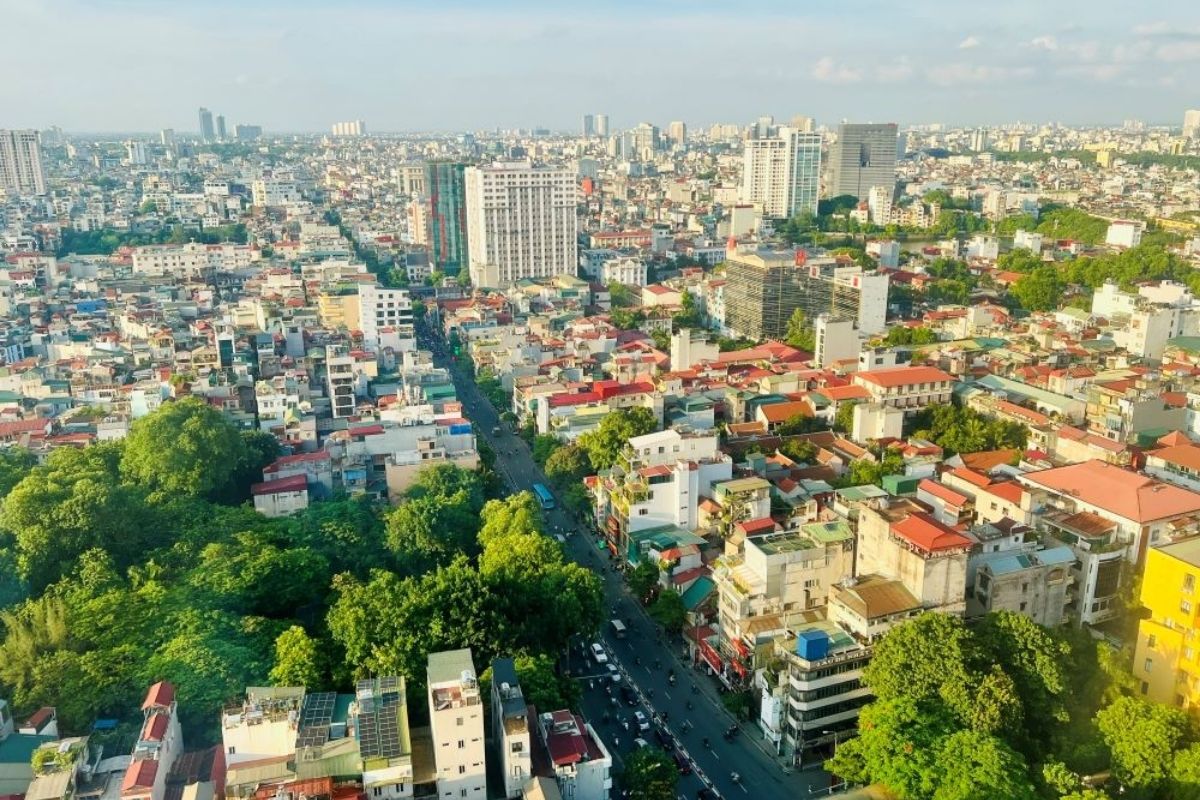
Foreigners Can Buy Tay Ho Condos (Source: livingconnection)
Healthcare and Insurance for “how to stay in Vietnam long term" tour
If you want to thrive, rather than just survive, healthcare is key in your plan for how to stay in Vietnam long term.
- Public Hospitals are inexpensive but typically overcrowded and mostly Vietnamese-speaking.
- Private Hospitals (e.g., FV Hospital in HCMC or Vinmec in Hanoi) have an international standard and English-speaking doctors.
- Insurance: Expats must buy expat health insurance or domestic policies with inpatient and outpatient benefits. It is normally mandatory for a residence permit or certain long-term visa types.
Banking and Money Transfers for “how to stay in Vietnam long term" tour
Once you have arrived and are residing in Vietnam, you will need to handle your money locally.
- Opening a Bank Account: Bring a passport, a valid Vietnam visa, and proof of address (lease agreement). Your residence permit application form may be requested by some banks.
- Currency Exchange: Use licensed banks or gold shops for more advantageous rates. Large money exchanges should be avoided at airports.
- Mobile Banking: Most banks offer apps in English, supporting transfers, bill payments, and mobile top-ups.
Registering Temporary Residence when enjoy how to stay in Vietnam long term
Even with a valid Vietnam visa, registering your temporary residence is mandatory under Vietnamese law.
Why it matters:
- It’s legally required for all foreigners within 24–48 hours of check-in.
- It affects your ability to extend your visa, apply for a residence permit, or process documents for your spouses and children.
How to register
- Ask your landlord to confirm your residence online or at the local police station.
- Upload your application form along with your passport, visa, and house lease.
- If you move, do the same where you move.
Conclusion
Ready to make your life in Vietnam a reality? From obtaining the right long-term visa to finding a place to reside, medical attention, and feeling at home, this guide has taken you through exactly how to stay in Vietnam long term, the legal, sure-footed way. From requesting a residence permit, a 5-year visa exemption, to reuniting with your spouses and children, it all starts with choosing the right a visa for Vietnam. For further tips on daily life, do not forget our full guides to Vietnamese life and living in Vietnam. Now, let’s make your long-term dream a permanent reality.
FAQ about how to stay in Vietnam long term
Q: How to live in Vietnam long-term?
To live in Vietnam long-term, you’ll need a valid visa or legal status such as a residence permit, long-term visa, or 5-year visa exemption. Options include business visas, work permits, family-sponsored visas, or investor visas. Start by applying for a visa for Vietnam that aligns with your purpose of stay, then consider upgrading to a Temporary Residence Card (TRC).
Q: How can I get a long-term visa in Vietnam?
You can get a long-term visa in Vietnam by applying under the relevant category, for instance, DN (business), LD (work), or TT (family reunification). Depending on your qualification, you might also apply for a 5-year exemption of visa or residence permit exemption. Application form, legal documents (for instance, birth certificates or agreements), and sponsorship will normally be required. For full details, see a visa for Vietnam.
Q: How can I stay in Vietnam permanently?
Foreigners can become permanent residents in Vietnam under Vietnam’s immigration law Articles 39 and 40, particularly in the case of those with Vietnamese wives or children, professionals, or those making significant contributions to Vietnam. Others among Viet Kieu may also reclaim citizenship. Permanent residence often starts off with a long-term visa or residence permit.
Q: How long can a foreigner stay in Vietnam?
It depends on the visa type. Tourist visas are 90 days; business and work visas are 3 months to 12 months. With a Temporary Residence Card, you can stay 1–5 years. The 5-year visa exemption allows eligible foreigners to enter Vietnam several times and stay a maximum of 180 days each time.







